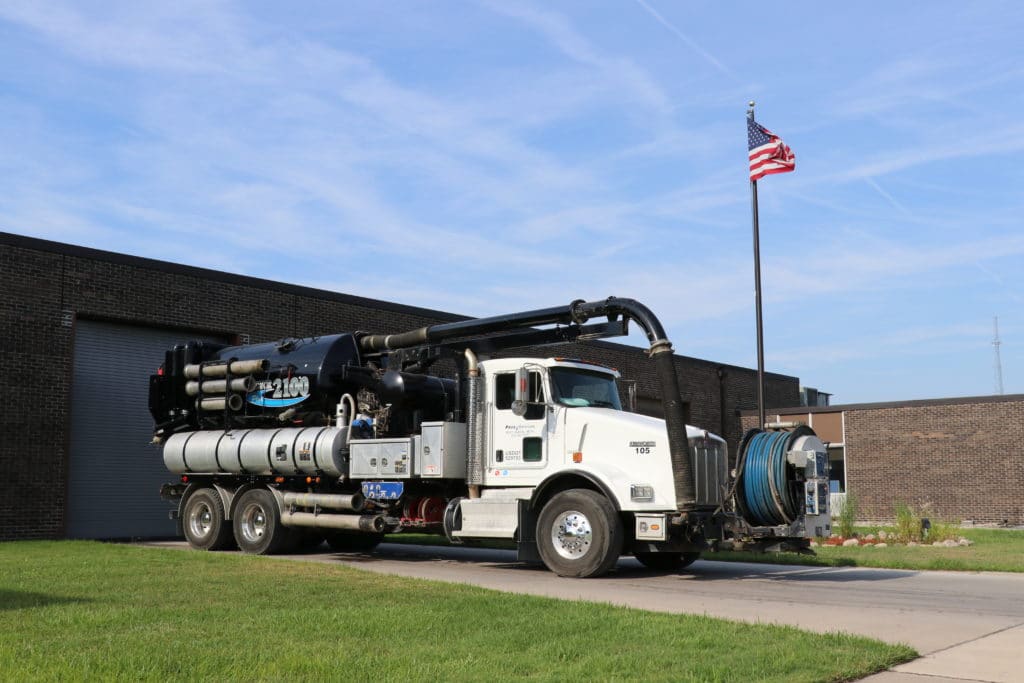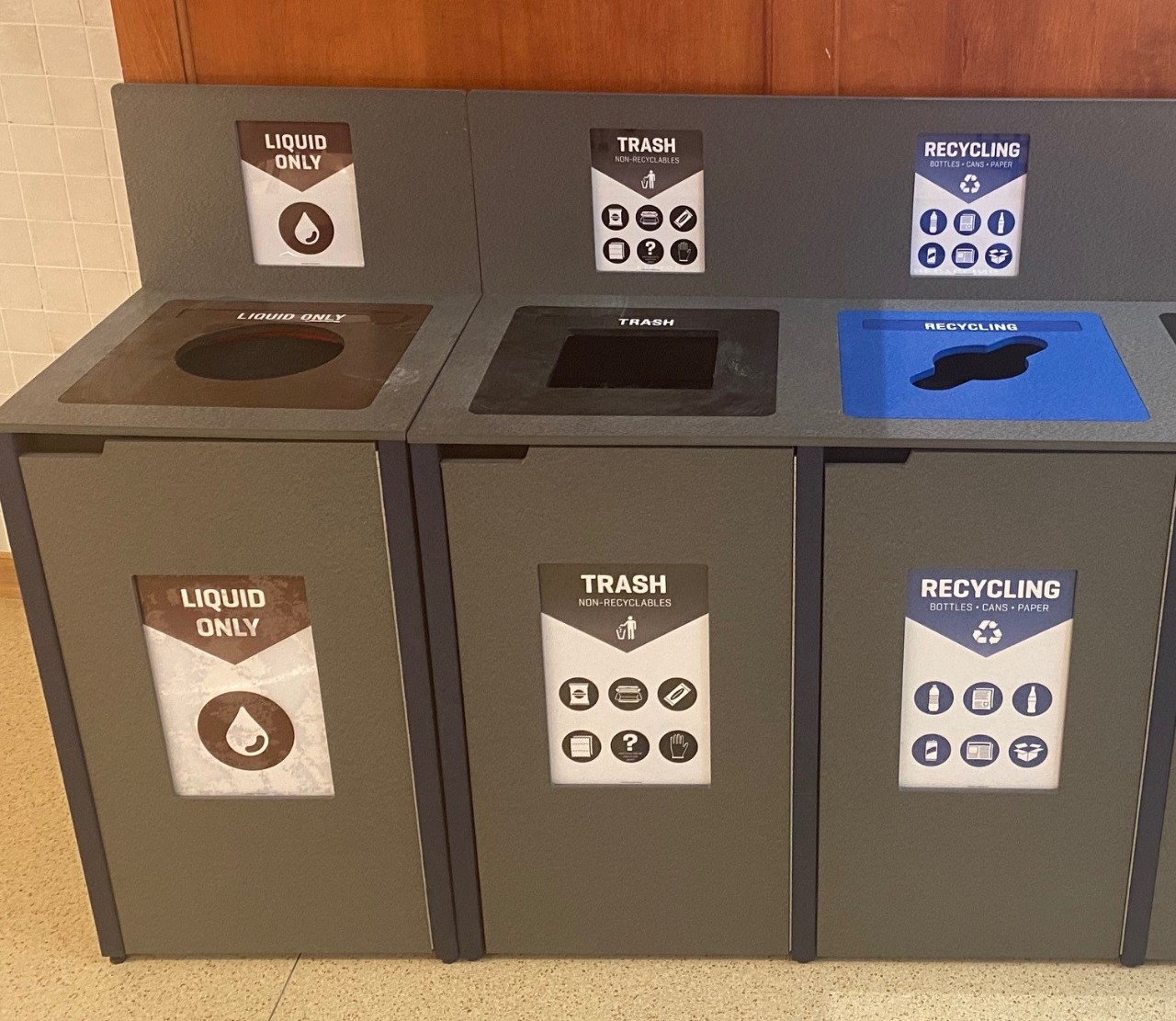Industrial Wastewater Treatment: Advanced Approaches for Effective Management
Industrial Wastewater Treatment: Advanced Approaches for Effective Management
Blog Article
Recognizing the Comprehensive Refine of Fluid Garbage Disposal: Finest Practices and Environmental Effect Factors To Consider
The management of fluid waste disposal is a diverse concern that requires a comprehensive understanding of numerous finest practices and their connected ecological effects. From the types of fluid waste produced to the methods utilized for collection, treatment, and final disposal, each step plays a vital role in safeguarding ecosystems and public health and wellness.
Kinds Of Liquid Waste
Recognizing the different kinds of liquid waste is necessary for reliable management and disposal methods. Fluid waste can be extensively categorized right into numerous types, each needing distinct handling and therapy approaches.
Industrial liquid waste commonly includes unsafe products, including heavy steels, solvents, and chemicals, produced during producing procedures. These wastes demand stringent regulative conformity to protect human health and wellness and the environment. Residential fluid waste largely describes wastewater created from households, consisting of sewage and greywater, which, although less hazardous, can still pose significant threats if poorly managed.
Agricultural liquid waste, consisting of runoff from farms, usually contains fertilizers and chemicals that can cause ecological degradation if not treated appropriately. Clinical fluid waste, created from medical care facilities, includes polluted fluids such as bodily fluids and chemicals, requiring specialized disposal methods to stop infection and ecological contamination.
Last but not least, oil and oil waste, commonly produced by dining establishments and vehicle markets, can trigger severe blockages in sewer systems if not taken care of effectively. Understanding these classifications assists in targeted techniques for treatment, conformity with guidelines, and reliable disposal approaches, eventually promoting environmental sustainability and public health security.

Collection Techniques
Efficient collection methods are critical for the proper management of fluid waste, making sure that it is gathered safely and effectively prior to treatment or disposal. Various techniques are employed relying on the sort of fluid waste produced, the quantity, and the particular characteristics of the waste.
One usual technique is the usage of specialized collection tanks or sumps, which are made to capture fluid waste at the resource. These systems usually integrate pumps that help with the transfer of waste to bigger storage space containers or treatment facilities. Additionally, mobile collection devices equipped with vacuum innovation are employed in circumstances where waste is produced periodically or in hard-to-reach locations.
For industrial setups, closed-loop systems can effectively minimize leakages and spills, permitting for the recuperation and reuse of liquid waste. It is likewise important to educate employees on proper collection protocols to alleviate threats associated with harmful substances.
Additionally, carrying out routine upkeep schedules for collection equipment makes sure optimum efficiency and safety. The combination of sophisticated surveillance systems can improve collection efficiency by offering real-time information on waste degrees and prospective threats. In general, effective collection techniques are foundational to sustainable liquid waste administration methods.
Therapy Processes
Treatment processes play a crucial function in the administration of liquid waste, transforming potentially dangerous materials right into reusable sources or secure effluents - liquid waste disposal. These processes can be generally classified right into physical, chemical, and organic techniques, each tailored to deal with particular impurities present in the waste stream
Physical therapy approaches, such as sedimentation and purification, work by eliminating put on hold solids and particulate matter. These methods are typically the very first step in the treatment chain, effectively lowering the lots on succeeding processes. Chemical treatments include the usage of reagents to reduce the effects of hazardous substances, speed up heavy steels, or oxidize natural contaminants, thereby improving the security of the effluent.
Organic treatment processes, consisting of activated sludge systems and anaerobic digestion, profit from the natural capabilities of bacteria to degrade raw material. These approaches are particularly reliable for useful link wastewater including naturally degradable toxins. Advanced treatment modern technologies, such as membrane purification and progressed oxidation procedures, are increasingly utilized to attain greater levels of filtration.
Including a combination of these therapy methods not just ensures compliance with governing standards however likewise advertises ecological sustainability by recovering important sources from fluid waste.
Disposal Options
Exactly how can organizations ensure the risk-free and accountable disposal of fluid waste? Reliable disposal options are critical for protecting public wellness and the setting. The key approaches include land disposal, treatment, and incineration adhered to by discharge right into metropolitan wastewater systems.
Land disposal entails the cautious control of fluid waste in assigned garbage dumps, ensuring that it does not leach into surrounding soil or water. Incineration, on the other hand, subjects liquid waste to heats, transforming it right into ash and gases, which require proper purification to decrease exhausts. This approach appropriates for contaminateds materials that can not be treated with conventional ways.
In situations where liquid waste can be treated, organizations may choose chemical or biological treatment procedures to counteract damaging elements before releasing the dealt with effluent into local systems. This path usually aligns with regulatory needs, making certain that the effluent fulfills security requirements.
Inevitably, companies need to carry out comprehensive assessments of each disposal choice to determine its practicality, considering factors such as waste composition, governing conformity, and potential threats to health and wellness and the setting. By selecting suitable disposal methods, services can add to a responsible waste administration approach.
Ecological Impact
The environmental impact of fluid waste disposal is a crucial consideration for organizations looking for to lessen their ecological footprint. Additionally, the discharge of untreated or improperly dealt with waste into surface area waters can result in eutrophication, leading to oxygen deficiency and the subsequent death of fish and various other organisms.

To mitigate these effects, companies need to take on ideal practices such as applying strenuous waste therapy procedures, promoting recycling and reuse, and sticking to regulative requirements. By taking a positive method to liquid waste administration, entities can dramatically minimize their environmental impact while supporting lasting development objectives. Inevitably, an extensive understanding of the ecological effects related to fluid waste disposal is important for notified decision-making and responsible stewardship of natural deposits.
Verdict
Efficient administration of liquid waste is critical for guarding ecological stability and public wellness. By taking on best techniques in therapy, disposal, and collection, together with adherence to regulative requirements, the potential for hazardous contamination other of environments can be dramatically lowered. Continual advancements in innovation and processes contribute to lasting waste management initiatives. Eventually, a find more detailed understanding of fluid garbage disposal not just alleviates ecological influences however likewise fosters a commitment to accountable resource monitoring and environmental stewardship.
The monitoring of fluid waste disposal is a multifaceted problem that calls for an extensive understanding of numerous ideal practices and their linked environmental effects. From the kinds of fluid waste produced to the techniques used for collection, therapy, and last disposal, each action plays a crucial role in securing environments and public wellness.The ecological influence of liquid waste disposal is a critical consideration for organizations looking for to decrease their ecological footprint. Eventually, an extensive understanding of the environmental influences linked with fluid waste disposal is necessary for educated decision-making and accountable stewardship of natural resources.
Eventually, an extensive understanding of liquid waste disposal not only minimizes ecological influences yet likewise fosters a dedication to responsible source monitoring and ecological stewardship.
Report this page